The Moody Blues | John Lodge | Interview by Zach White
The legendary Moody Blues bassist, songwriter and vocalist recently released his version of the iconic album ‘Days of Future Passed,’ entitled ‘Days of Future Passed – My Sojourn’.
The album was recorded over the last year, and has grown from John’s current live show as he, and his 10,000 Light Years Band, lovingly recreate this classic album. The album also features a special recording by the late Graeme Edge and performances by Jon Davison of Yes. It is being released as part of John’s celebration of the album “that changed his life,” and with the hope that it will continue to introduce fans to the original iconic recording. The album’s orchestration is by John’s long-term collaborator, and great friend, Alan Hewitt.
“November 2023 will be the 56th anniversary of ‘Days of Future Passed’. It’s incredible to look back on this album that changed my life, and that still has so much impact today on so many, and I felt that it deserved celebrating, and so I began rehearsals in 2021/2022 to bring this celebration to life on stage. What was important to me was to make this concert another milestone in the history of ‘Days of Future Passed,’ and so I asked Graeme if he would record his poetry, ‘Morning Glory’ and ‘Late Lament’, to include in my concert. Graeme gave me his blessing and said, “John, Keep the Moody Blues music alive.” We had a fantastic time putting the show together, with Alan, Duffy, Billy and Jason, and Jon Davison, giving me so much support and helping bring my vision to life. After the final rehearsals for the concert, I realised I should capture this new moment in time, although a reflection of the past, forever, by going into the studio and recording the album, ‘Days of Future Passed – My Sojourn’. I am hoping that this will bring a new generation of listeners to the album, that they then may rediscover the original recording, and the beautiful vocals of Mike Pinder, Justin Hayward, Ray Thomas and myself. I dedicate this album to Graeme, Justin, Mike and Ray, to Tony Clarke, and to all the fans that are with me on this sojourn, no matter when you joined…” John Lodge
“What I wanted to do was not carbon copy the original record”
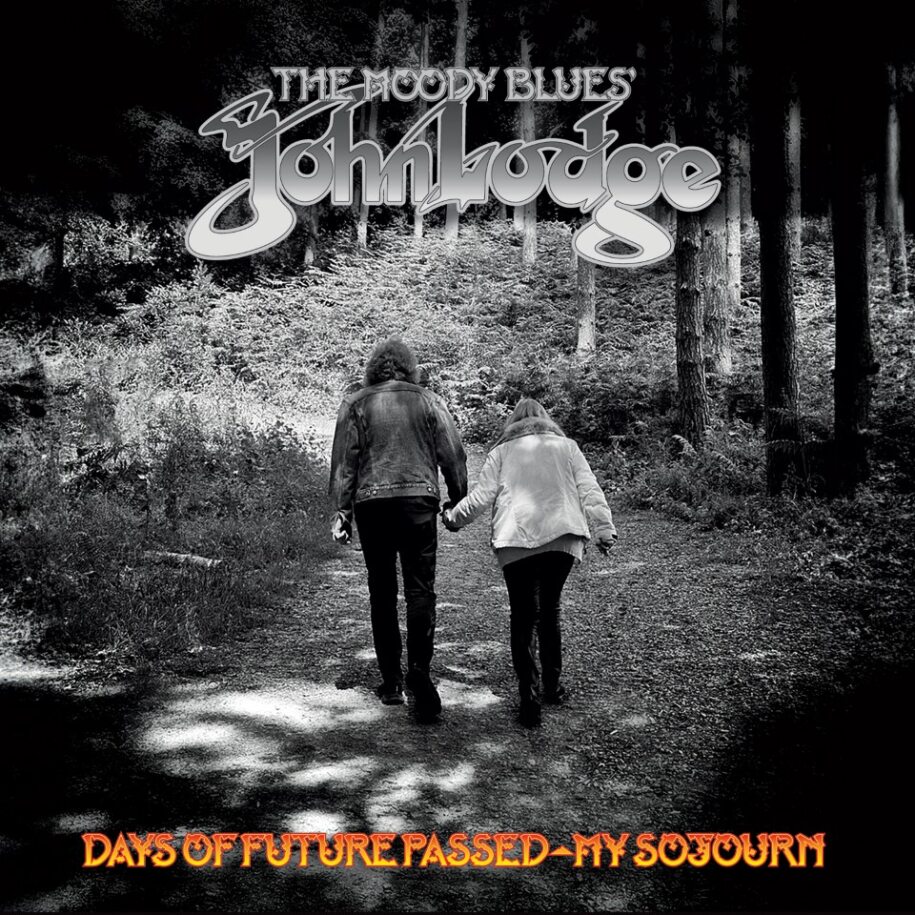
Hi John! So great to be talking to you, let’s start at the beginning. You bought your first bass, a Fender Precision, at 16 and you’ve used it on almost all your recordings. What attracted you to the bass and why do you play the same one after all these years?
John Lodge: When I was at school, there was a cafe right by my school with a Rock-Ola jukebox. Every lunchtime, I used to leave and instead of having lunch at school, I’d go to the cafe, drink a cup of coffee and put a coin in the slot and play whatever my favorite record was. I realized that what I really liked about rock ‘n’ roll is the left hand on the piano, the driving force. I realized that the artists I was listening to were people like Fats Domino, Jerry Lee Lewis, Little Richard, and I realized the left hand side, the boogie piano, was the heart of rock ‘n’ roll. That’s what I really, really liked. I started to learn all those parts on a six string guitar, but only on the bottom four strings. There were no basses in Birmingham at the time. When the bass finally came to town it appeared in a music shop called Jack Woodross. Every Saturday morning, all the young musicians would go there and play their guitars and learn something new from someone else. And one day, I went there and I saw “Direct from the USA, Sunburst Precision Bass” in the window. So I went home and said to my father, could you help me buy this bass? And we went back to the store, I bought it, and it’s been with me ever since.
‘Days of Future Passed – My Sojourn’ is a tribute to the 1967 album of the same name. How was the creative process of revisiting and recreating something that you worked on over 50 years ago? It must’ve been fun going back down memory lane.
What I wanted to do was not carbon copy the original record. I wanted to put the 21st century into it. I think it’s probably got more energy than the ‘67 release because this is today! I wanted it to be 21st century and different. The guitarist, cellist and keyboard player in my group, the 10,000 Lightyear Band, were listening to the originals and interpreting it themselves. They can put their own spin on each part of each song. We changed a few things. I tried to make it as though it was a totally new album and that the original one didn’t exist. But I hope when you listen to the new one on vinyl, especially young people, they may want to explore and go back to 67’ and listen to the original one as well. And I’d be very pleased for that to happen.
That’s cool! So before you joined The Moody Blues, the band played as support for The Beatles during their last UK tour. Being so heavily involved in the psychedelic scene in the UK, were you able to ever meet up with them further down the line after their music had changed so dramatically?
Ray Thomas, the flute player in The Moody Blues, and I met when I was 15 and he was 17. We formed a band and the band was called El Riot & The Rebels.
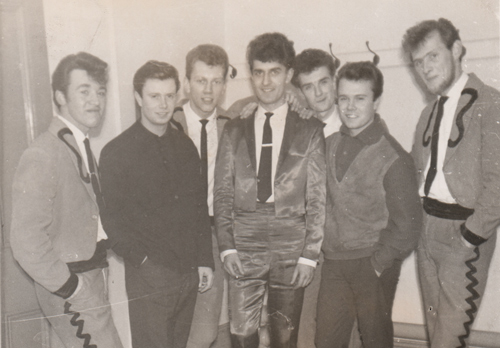
We used to play all around Birmingham and the Midlands area and we had this one gig we did once a month about 40 miles from Birmingham. It was the local town hall in Tenbury Wells. We would go there and we were always top of the bill and it was always super relaxed. And we got there one Saturday and the promoter said, “Hey guys, you’re not top of the bill this week. We’ve got a band from Liverpool who just released a record this week.” So The Beatles turned up that night and played ‘Love Me Do’ for the first time ever on tour. We have a photograph with them and I still have that. This was 1963 or so.
Wow!
That was the first meeting with The Beatles. Over the years we met up, but I think we were part of the same philosophy. There were two different roads. There was the AM top 40 bands on the right hand side. Then on the left there was the progressive bands who were really interested in the music. The Beatles were massive on the pops, but with ‘Sgt. Pepper’s Lonely Hearts Club Band,’ they crossed over. It’s a path we were taking, which I suppose it became known as progressive rock, which is something totally alien to the top 40 music.
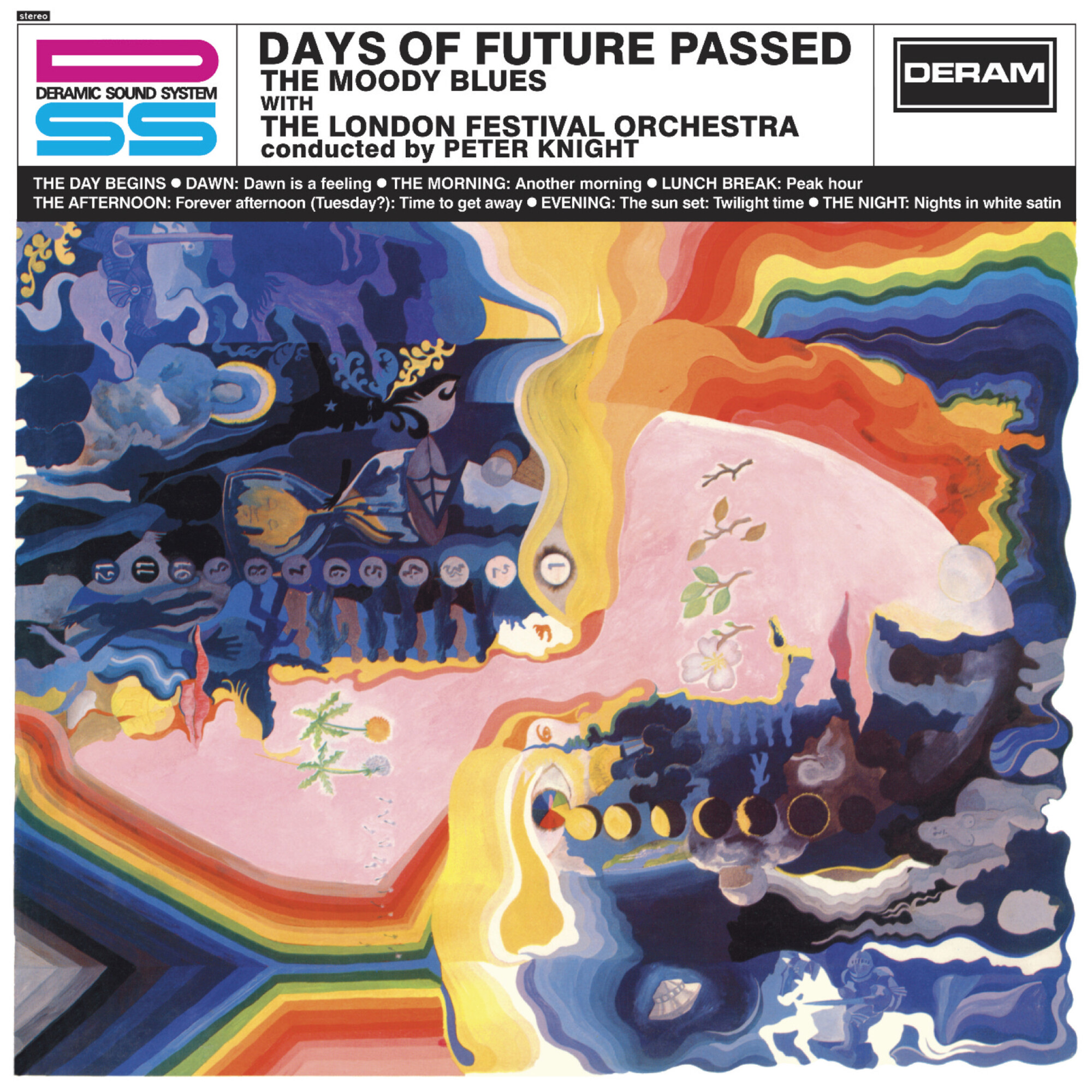
“We used to sit around this table, and talk, and do everything else around this table”
That’s a good segway into my next question. What makes a good concept album? Is there a songwriting process that’s different from a conventional album?
In 1966, we bought this little coffee table. I’ve still got it in storage. Strange… it was a carpeted coffee table, can you believe it? We used to sit around this table, and talk, and do everything else around this table. Collectively we all had the same subject. But because we were all different people and we all played different things and would sound differently, every song was different even though the subject was the same. We would tour so much and then return back to the table on weekends to relax and come up with our ideas.
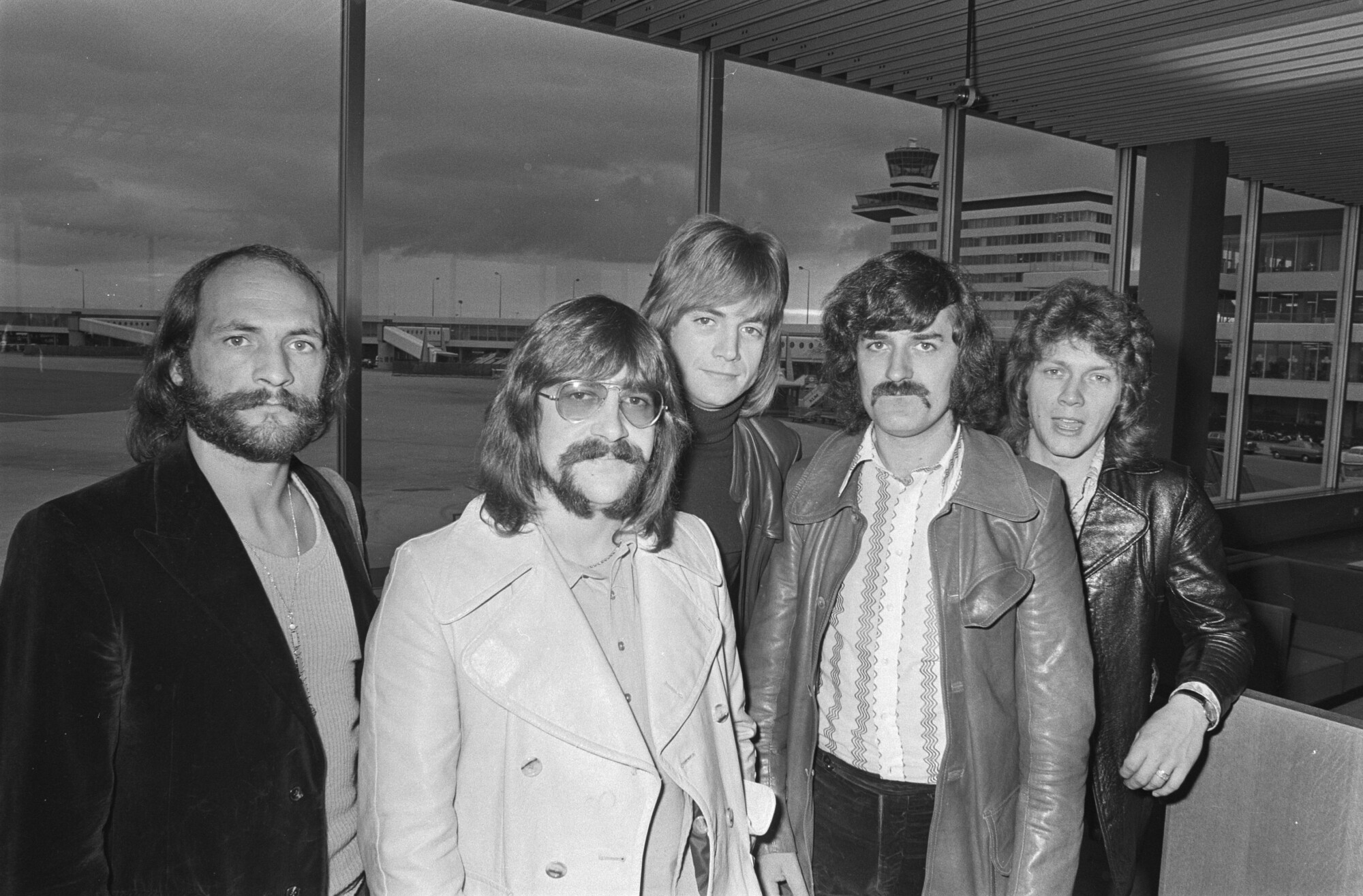
What other stories and special experiences do you have during your time in the sixties and with The Moody Blues? I know you worked with Brian Wilson and played at Isle of White in 1970. How was that?
Working with Brian Wilson was fabulous. I knew all The Beach Boys really well and they used to come and stay at my house. Really nice, beautiful people. We toured with them for about three years at all the open air festivals across America. Brian Wilson is such a great, creative guy. I recorded three songs with him. We were doing a concert in London for the Princess Trust and Brian had never been out of America on his own. And I rang him up and said, “Brian, would you come to England and come on stage for the encore and we do three of your songs?” And he did. He flew over to Wembley and he came on stage and Kenny Jones from The Who joined us as well. And I think we did ‘Sloop John B.’ and ‘Barbara Ann’ but I honestly can’t remember. It was a great night. I played with Chuck Berry, who’s my hero, also Jerry Lee Lewis. One of the first songs I ever recorded was called ‘St. Louis Blues’ when I was 15. We played Isle of Wight Festival In 1969 with Bob Dylan, as well as 1970. That was a really special time. I think it’s the first time so many young people from all over the world have congregated on this island just off England. Wonderful and great memories. We took the Hovercraft over the water to get to the festival. It was great!
That’s far out. In 2018 you were inducted into the Rock and Roll Hall of Fame along with Bon Jovi and Nina Simone. Parlaying off of your comment about all the young people at the Isle of White Festival. What advice do you have for the next wave of musicians trying to make an impact?
When I was like 15, 16, I’d listen to a record which I liked and say, “I’m not going to copy that. But if I wrote that song, how would I perform that differently?” I used to write a different interpretation of that song. I think that helped me develop my own songwriting because I knew when I wrote a song, I’d have to channel my creativity into performing my song. I would suggest that to everyone. Don’t try and write the song straight away, because I think you can get confused. I think it’s best to take someone else’s song and see if you can interpret it and make it your own song. When you feel really good about that, then start writing your own songs and channel that energy that way. That’s what I used to do. The Beatles used to do that as well because early Beatles songs were copies of so many American R&B records, as you know.
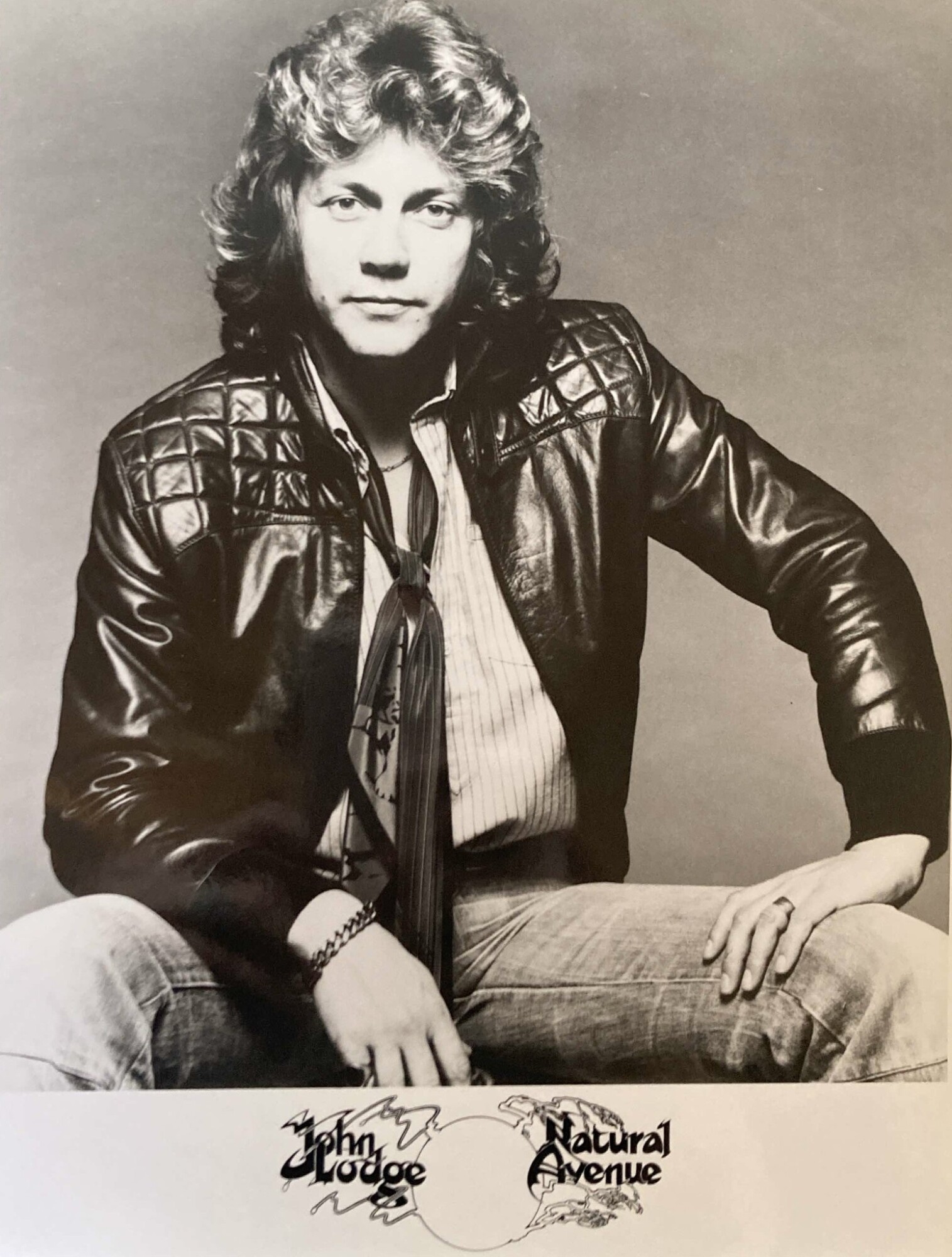
Where did the intersection of strings and rock and roll come in? The Moody Blues are obviously known for their strings. If you look back to ‘The Magnificent Moodies,’ the album has a harder rock and roll edge. What led to such a drastic transition, was there a certain moment where something just clicked?
I think when Justin Hayward and I joined the Moodies in ’66, that was the turn around. I’m from Birmingham, which has a heavy steel motor car industry. It is called the Second Motor City. But we’ve also got probably one of the greatest orchestras in the world, the city of Birmingham Symphony Orchestra. And although I didn’t realize it at the time, in the afternoon when I was growing up at school, around eight years of age, we used to have a quiet period and they used to play classical records. I think it was to give the teachers a break from the kids to be honest! They used to play some classical music and I don’t think I ever thought I was listening, but subconsciously it always went into my mind. And then when we started together in ’66, there were four of us that sang and I realized that the harmonies we could make were only really orchestral harmonies. And it developed from there. Of course we had Ray Thomas on flute, so that gave us the woodwinds and then for the harmonies we found this Mellotron that was a string player. So with harmonies and strings and flute, it became orchestral in a way, but with a driving force based in drums and electric guitar.
What’s next for your solo career? What’s something that you haven’t done that you still want to do?
What’s really interesting and something I love about what I do is that doors open, things turn up. It’s amazing. I’m writing, recording, and I’m doing an American tour again, In February and March of next year. I’m hoping to come to the UK in April and May to play ‘Days Of Future Past’. You get a call one day and it’s “Hey John are you doing anything next Friday?” And you say, “why”? And they say, “Well Jerry Lee Lewis he’s got a concert. Come play bass!” I was invited to Chuck Berry’s 30 years of music concert in Los Angeles. We did a concert with Chuck and Bo Diddley. He was an absolutely professional guy. And the night before a gig, we always do what’s called a “BO – BQ”. A Bo Diddley Barbecue.
“I hope your mind will explore the music and take you wherever the music takes you”
So you barbecued with Bo Diddley? That’s surreal. What is your definition of the word “psychedelic?”
From a music point of view, I hope your mind will explore the music and take you wherever the music takes you. It’s not a case of just singing along, it’s listening. It can be one note and that transports you somewhere. And I think if you can conjure up experiences and stories in your mind where the music takes you, to me that’s psychedelic. You have to listen to things, not just hear them.
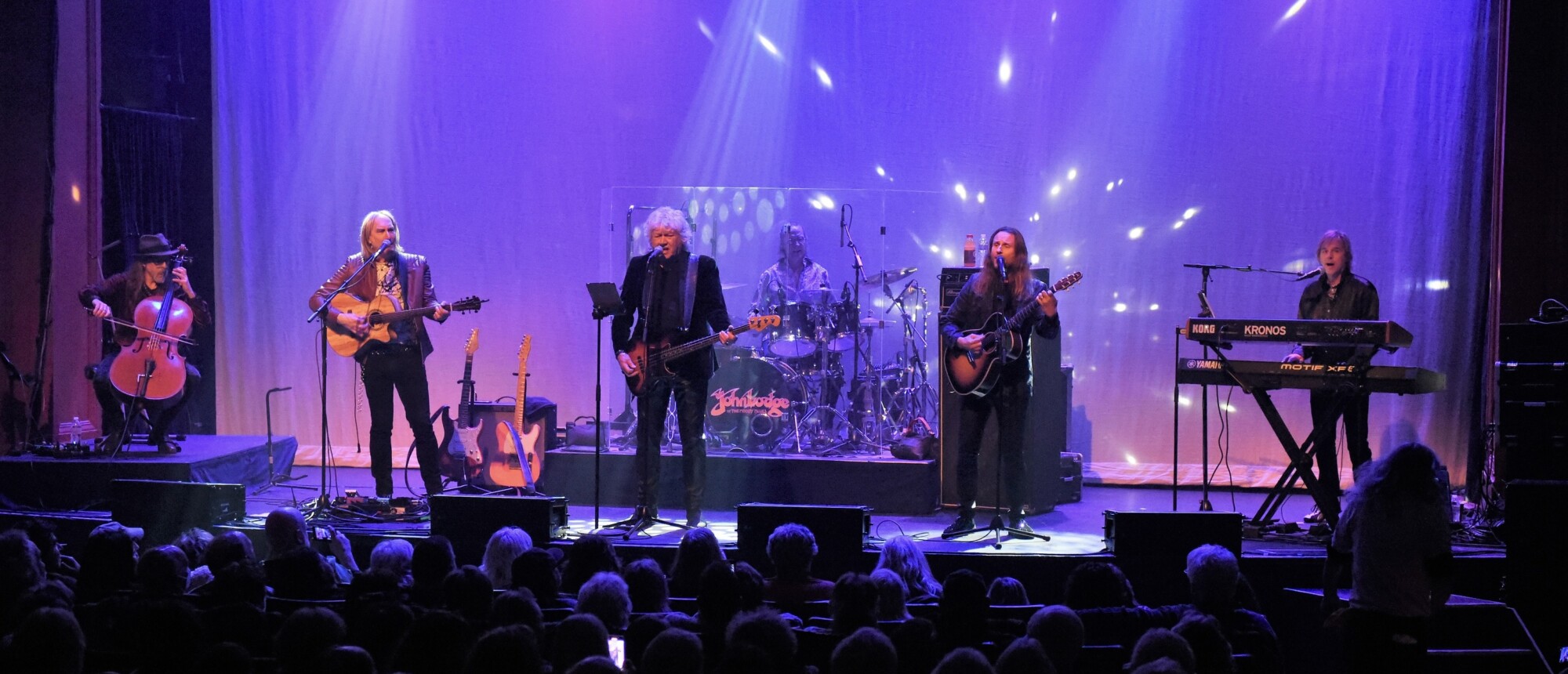
Thank you so much for your time! So the last word is yours. Whatever message you’d like to put out into the internet, the universe, and our readers.
I hope people really enjoy ‘Days of Future Passed – My Sojourn,’. It started me on this journey and that’s where I am today. And I hope all the people who listen to our music and my music can understand what it means to me and hopefully what it means to them as well. Thank you for keeping the faith!
Zach White
John Lodge Official Website / Facebook / Instagram / Twitter / YouTube
The Moody Blues Official Website / Facebook / Twitter / YouTube
All photo materials are copyrighted by their respective copyright owners, and are subject to use for INFORMATIONAL PURPOSES ONLY!

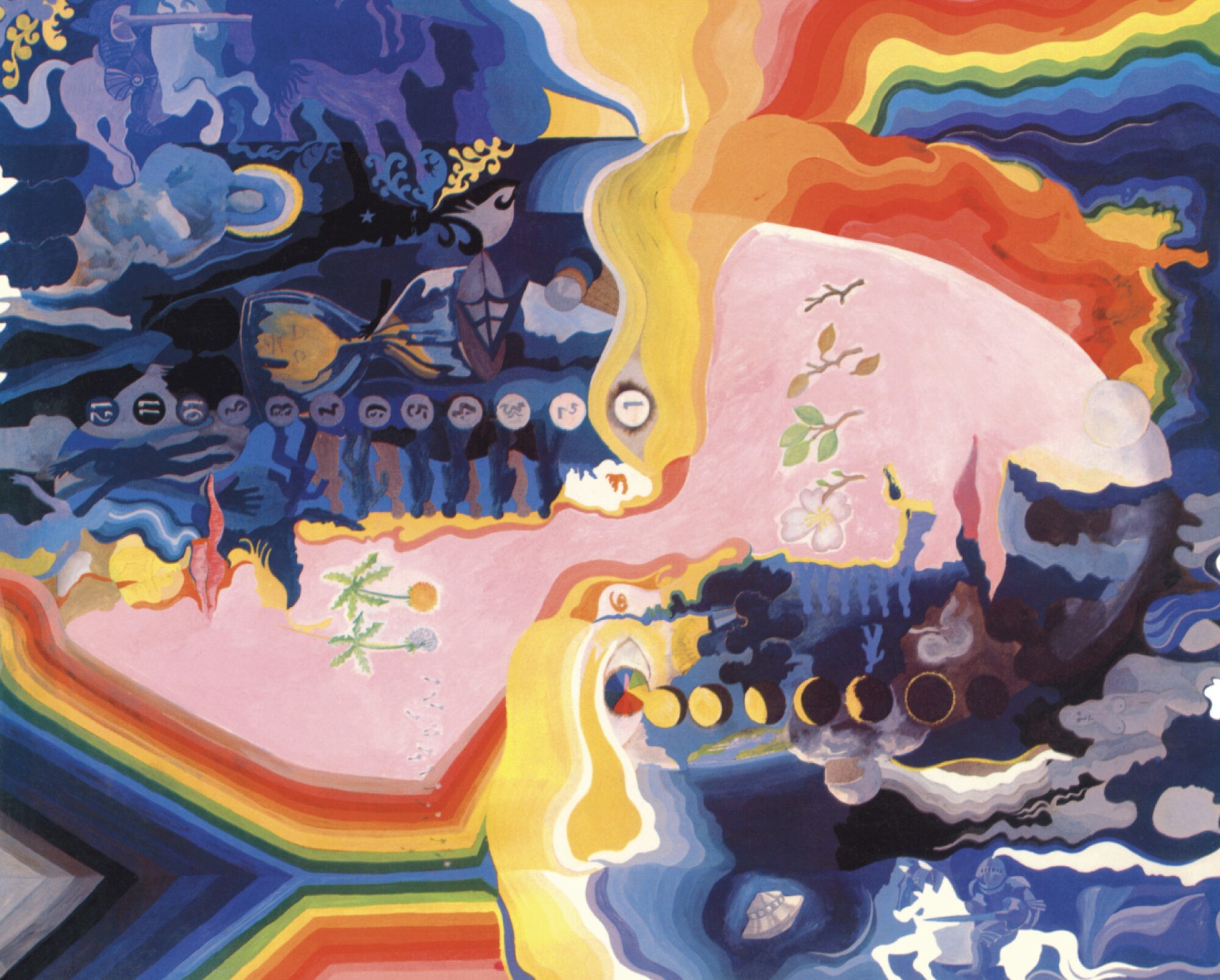
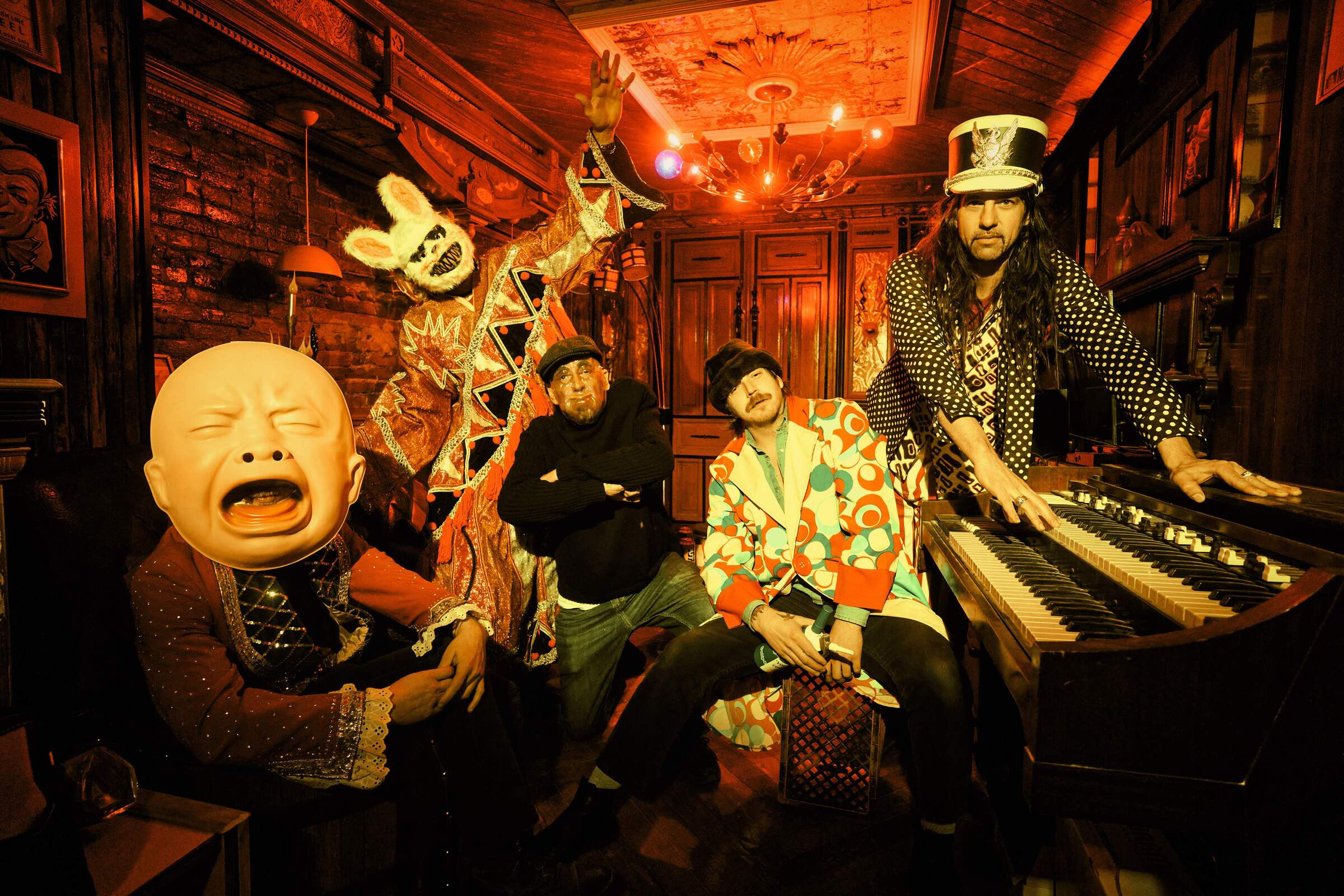
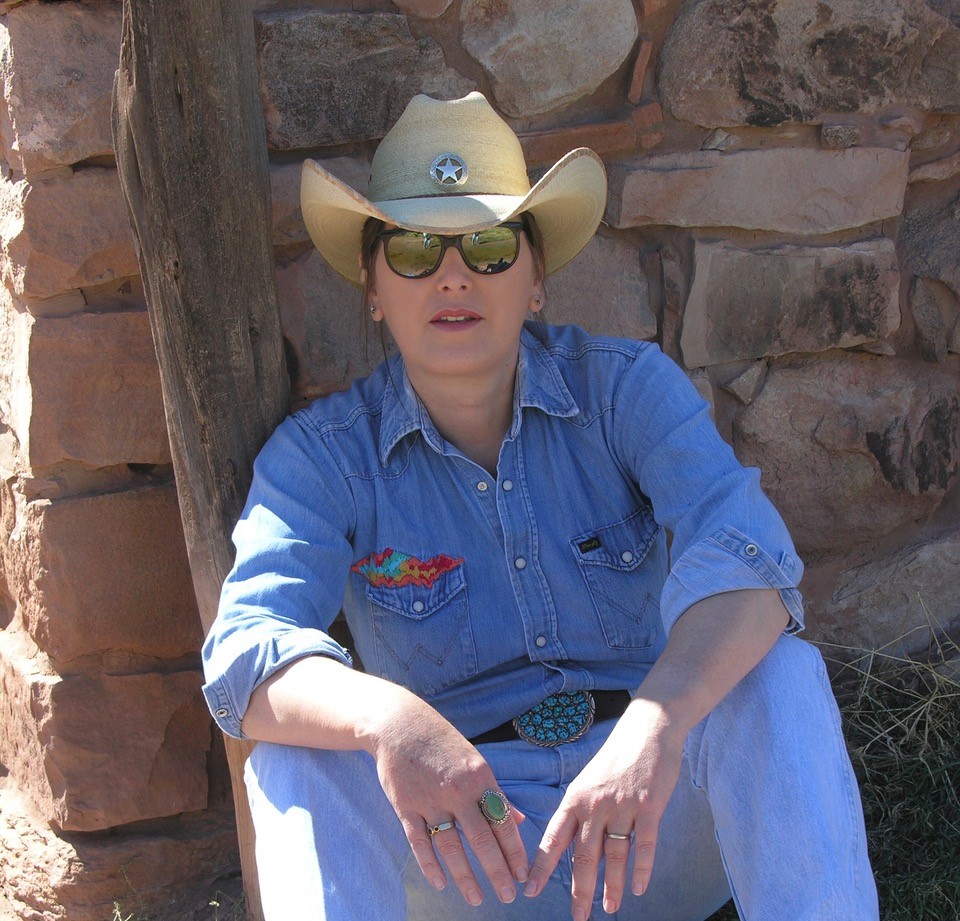
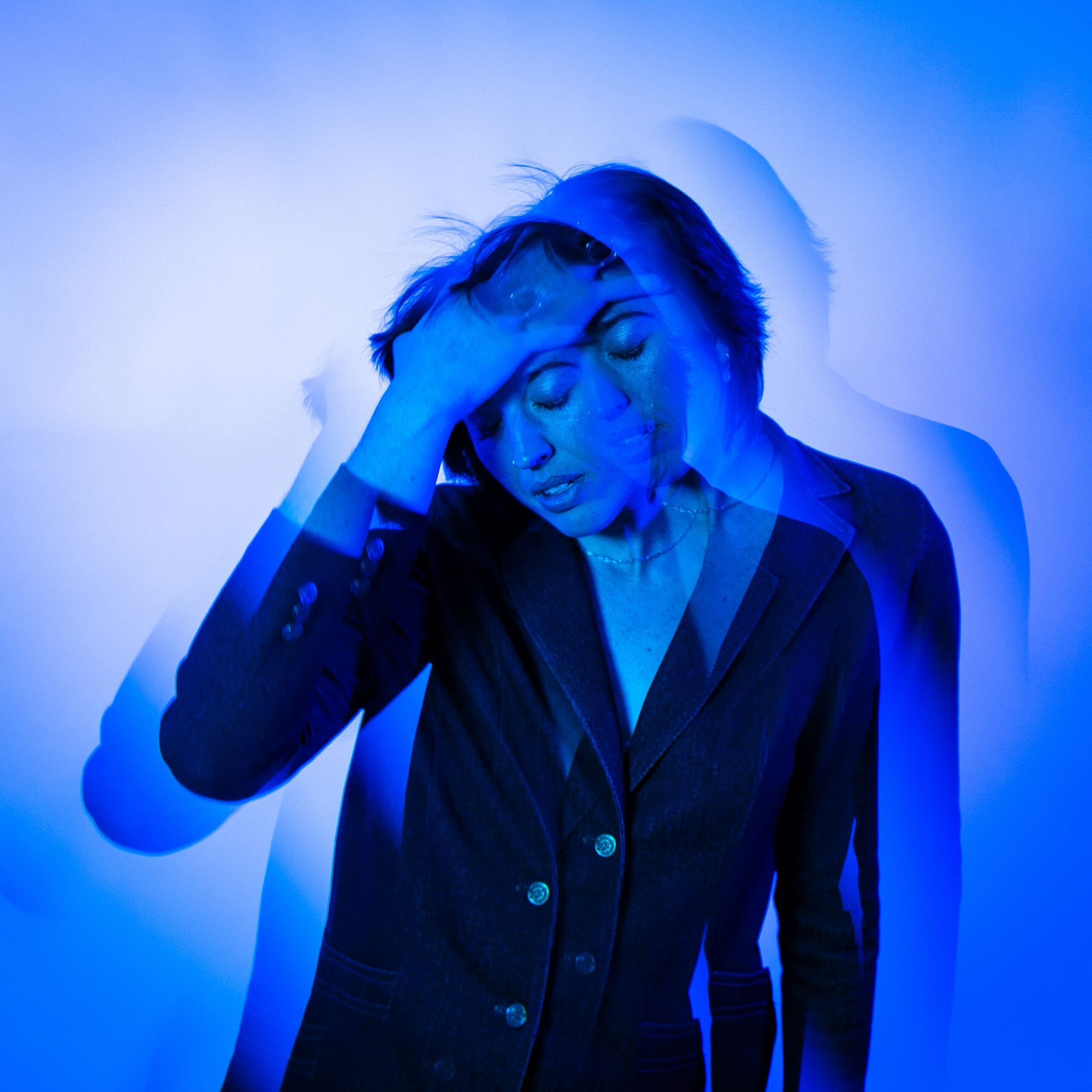
What I would to see is Lodge tour one last time with Hayward. They are both simpatico.
I would love to see John and Justin together again like the BlueJays. I think they would be great and it would be fun for the fans. Hopefully it would be a blast for them too. And P.S.I really miss Graeme!!